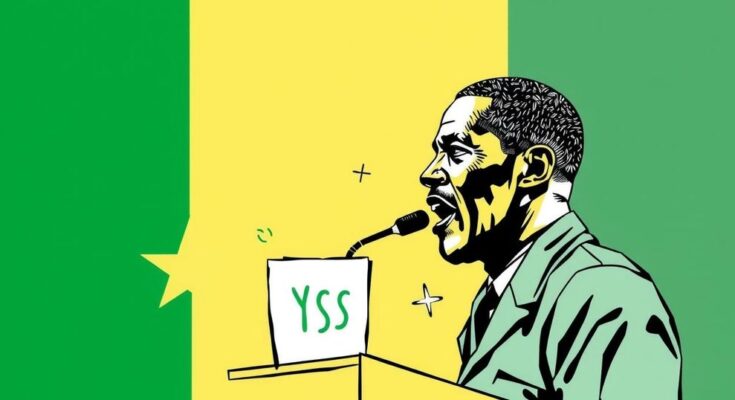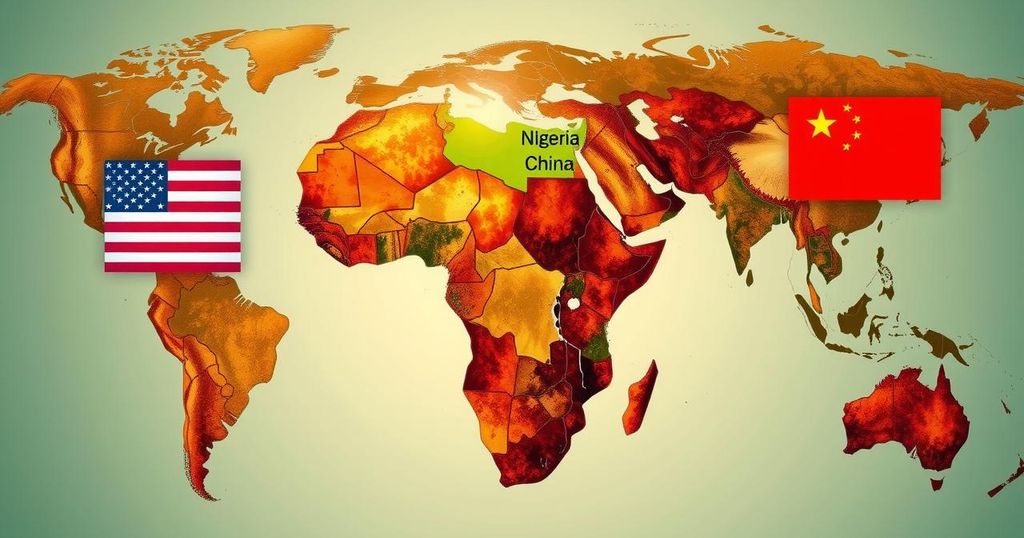Senegal’s parliamentary elections are crucial for President Faye’s reforms. With over 7 million voters selecting 165 lawmakers, Faye’s party must secure at least 83 seats to gain a majority. Tensions have escalated due to political clashes, reflecting widespread dissatisfaction among the youth. Provisional election results are expected soon, shaping the future political landscape of Senegal.
On Sunday, Senegal held parliamentary elections pivotal to determining whether President Bassirou Diomaye Faye can implement critical reforms following his election in March. Over 7 million registered voters are casting ballots for 165 lawmakers amidst a political landscape where Faye’s party does not currently hold a majority. Faye, elected on an anti-establishment platform, has expressed that his efforts to combat corruption and enhance the populace’s shares in natural resources have been stymied due to the opposition’s parliamentary majority. After dissolving the opposition-led parliament, Faye’s party, PASTEF, is seeking to obtain at least 83 seats to secure control. The election, marked by clashes between political factions, reflects the disquiet within Senegal, particularly among its youth, who have voiced dissatisfaction with the nation’s economic direction—plagued by high inflation and irregular migration. Supporters of Faye and the Takku Wallu opposition, led by former President Macky Sall, have been involved in recent skirmishes, heightening tensions during the electoral campaign. As polls closed at 6 p.m. GMT, the provisional results were anticipated for Monday morning, with final counts expected later in the week.
Senegal is undergoing a significant political transition marked by the recent election of its youngest president, Bassirou Diomaye Faye, who came to power on a platform of reform. With over 60% of the population under the age of 25, there is a palpable demand for changes to address pressing socio-economic issues such as corruption and economic opportunities. The country has faced challenges, including political instability and violence, particularly during election periods, as seen in the recent parliament dissolution and subsequent legislative elections. This context underscores the urgency of the elections in determining the future direction of Senegalese politics and governance.
The parliamentary elections in Senegal hold crucial implications for President Faye’s ability to implement his promised reforms amid a backdrop of public discontent and political turmoil. The outcome will likely influence the trajectory of governance and political stability in the nation, reflecting broader sentiments across West Africa regarding leadership and economic opportunity. As tensions remain high, the new assembly’s composition will be decisive in shaping the country’s future.
Original Source: apnews.com




